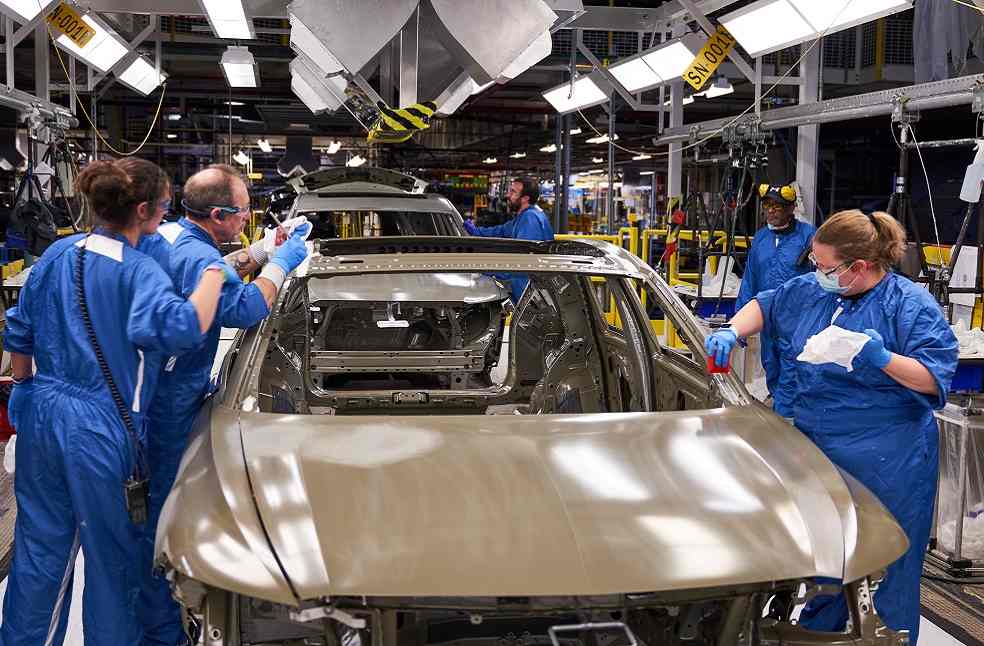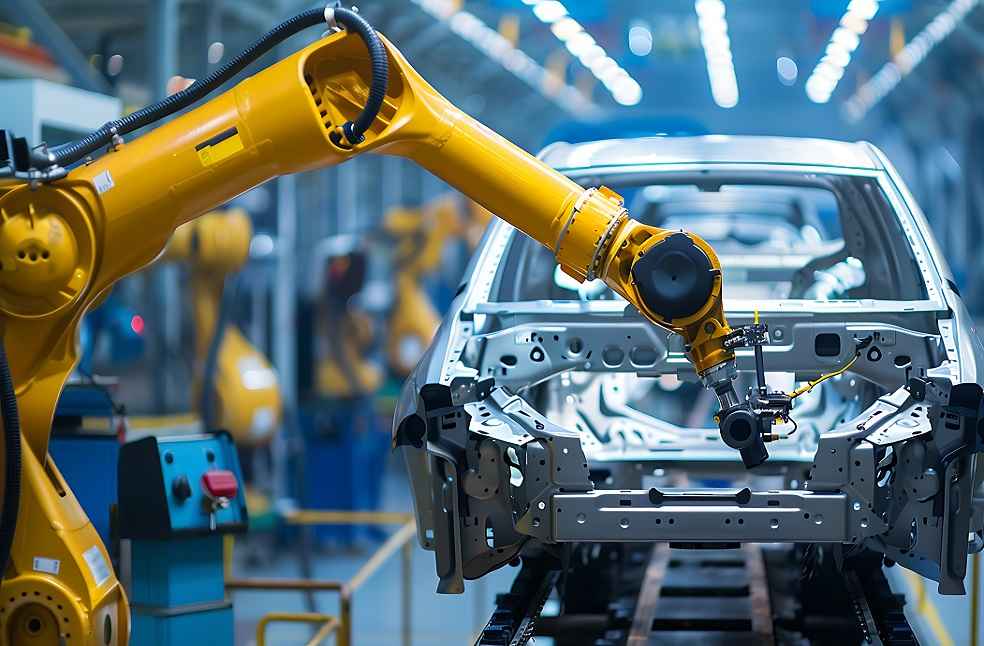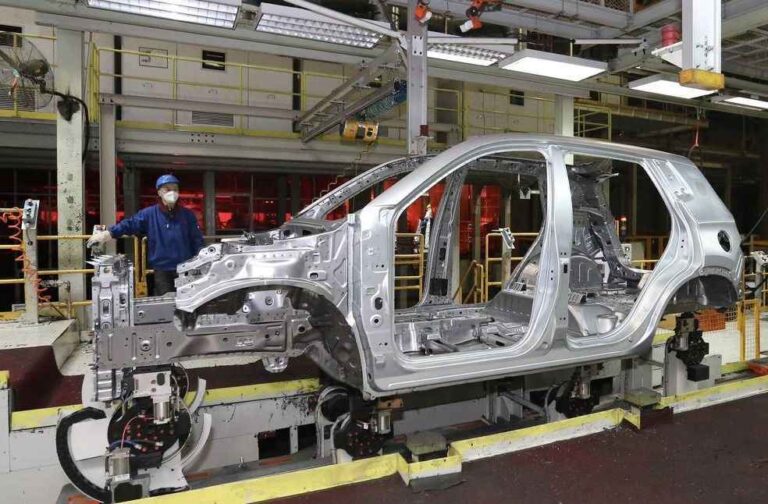Pakistan has unveiled a major policy change aimed at overhauling its automotive landscape by phasing out additional auto sector duties and taxes on raw materials used in vehicle manufacturing. The move is part of the National Tariff Policy 2025–2030 and is designed to liberalize trade, enhance industrial efficiency, and align Pakistan’s tariff regime with international best practices.
According to a recent country report by the International Monetary Fund (IMF), the Pakistani government has committed to eliminating all additional duties, including import and sales taxes, currently levied on localized components and inputs in the auto sector. This includes dismantling the system of special duties on designated imports and reforming long-standing regulations such as the 5th Schedule to the Customs Act and SRO 655(I)/2006, which has traditionally offered incentives to local manufacturers.

The reform will be implemented in a phased manner to minimize disruptions and give stakeholders adequate time to adapt. This gradual approach is in line with the overarching goals of the National Tariff Policy, which aims to foster competitiveness, reduce production costs, and enhance the ease of doing business across various sectors.
The upcoming changes will also impact the electric vehicle (EV) segment. Tariffs and tax preferences on EV-related inputs will be reassessed and regularized, signalling the government’s intention to create a level playing field within the automotive industry, regardless of technological differentiation.

By July 2026, the principle of removing preferential treatment for domestic production will be extended beyond the auto sector to other areas of the economy. This broader implementation will continue through fiscal year 2030, with input from relevant ministries and industry stakeholders.
These reforms are expected to improve regulatory transparency, encourage fair competition, and attract new investment into Pakistan’s auto industry. Ultimately, the government aims to position the sector for sustainable growth, modernization, and greater integration with global value chains.
GENERAL | Maserati Shifts GranTurismo, GranCabrio Production to Modena





